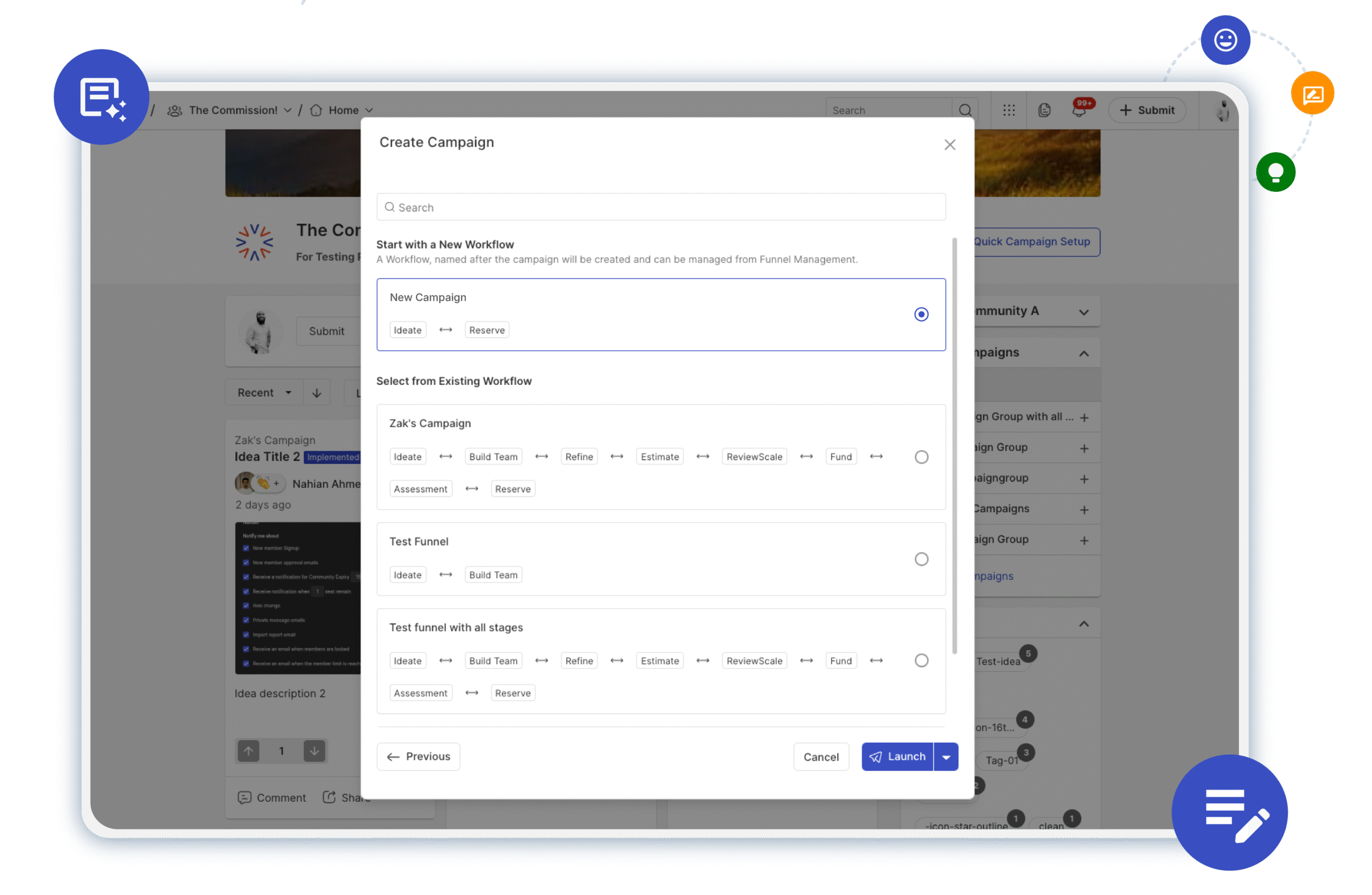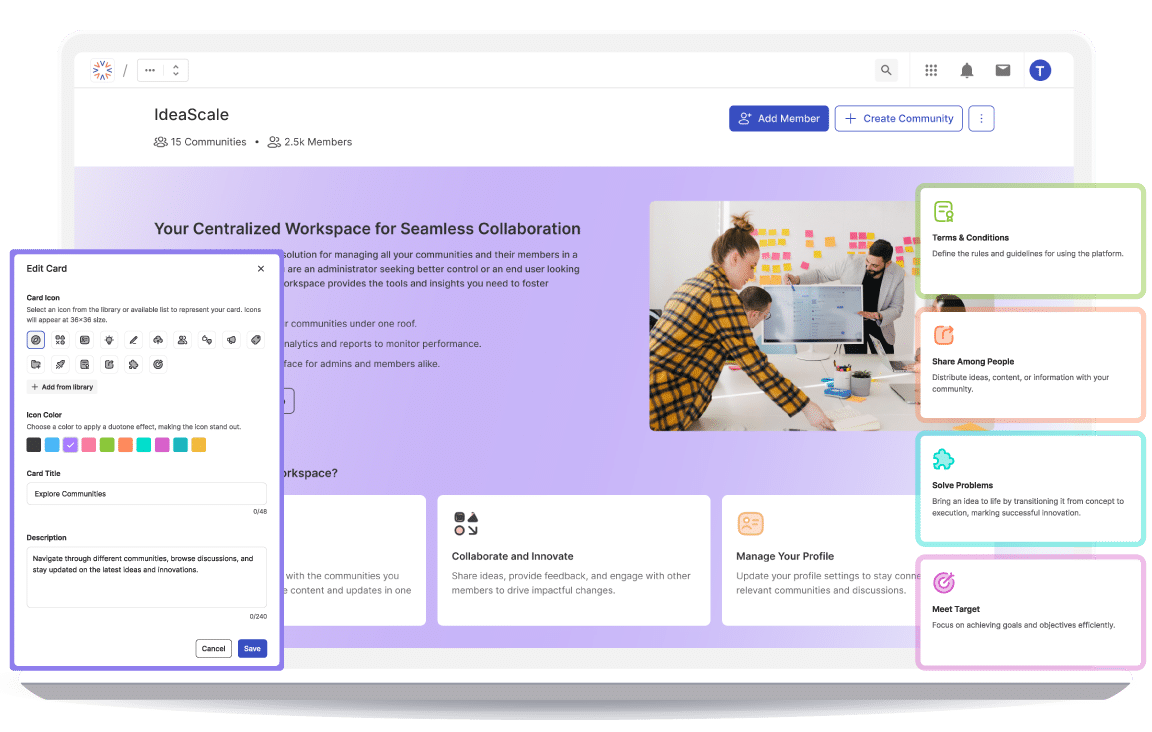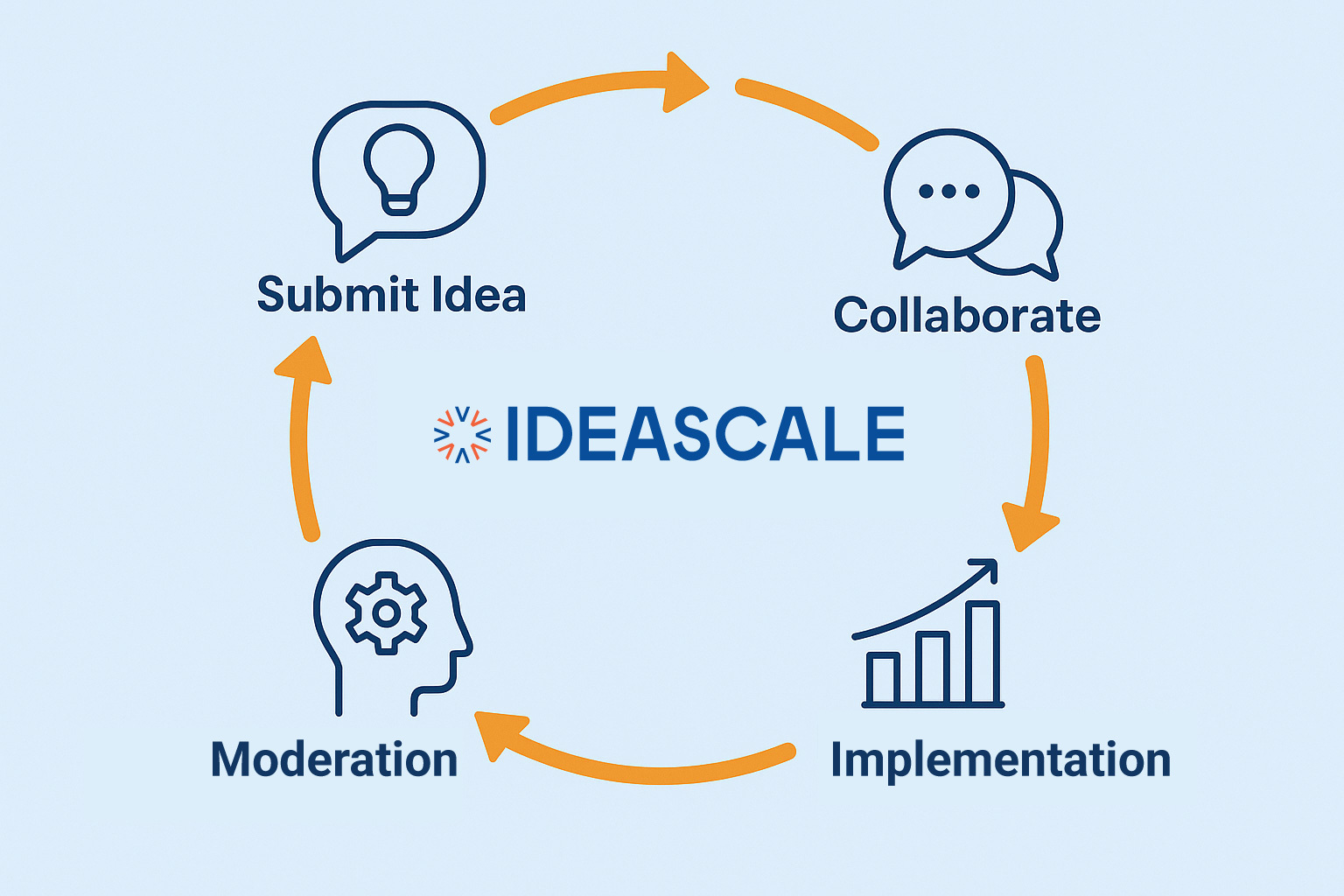A recession is defined as two quarters or more of negative growth in the gross domestic product (GNP). Even if one doesn’t come to pass right now, a recession will inevitably arrive at some point. Here are a few ways to stay innovative even when times are tight.
Highlights
- Recession or not, the basics of innovation don’t change and should stay in place.
- A recession will shift your focus and needs and will change your metrics.
- Innovation is more important during a recession, especially in industries that are rapidly changed by it.
Start with the Foundations
To build anything, you need a foundation, and the basics of company innovation don’t change regardless of the economy. Have tools in place to collect suggestions internally so you can regularly review client feedback and questions and survey the market to see what’s happening in the industry. Meet regularly to brainstorm, review feedback, refine ideas, and celebrate creativity and achievement. What might change, however, is the focus.
Look at Your Metrics and Whether They’ve Changed
Innovation is usually measured with a handful of key metrics. However, those metrics will be different depending on the economic climate. If you’re focused on sales to determine the value of innovation, a recession may introduce more noise to that standard. Look closely at how you define a successful idea with data and revise it as needed.
Monitor the Broader Landscape
As strange as it may sound, a recession can be positive in some industries. It can reduce the need for legacy products, force companies to make needed changes, and bring new features and products about. Understanding what’s happening in your industry can help you decide in what direction to push your innovation strategy. Look at what products are launched, what steps are being taken, and why as you direct innovation in your organization.
Educate on the Different Forms of Innovation
Disruptive innovation is just as important in a recession as it is in a booming economy, perhaps even more so, yet incremental innovation, where products and concepts are refined and updated, is just as important.
Talk to your staff about the different forms of innovation and why they matter. Finding ways to make it more efficient to get invoices to clients or reduce manufacturing costs while maintaining quality may be more technical and less “flashy,” but they can be just as effective.
Look at Past Ideas
Part of the innovation process is setting aside ideas for various reasons. It could be your focus is on broader innovation approaches or that keeping up in your industry demands heavy research.
That said, most ideas are looking for the right time. If an idea worked but didn’t fit your previous metrics or goals, go back and take a second look.
Innovation is crucial at any point, but during a recession, it’s even more so. To learn how you can foster innovation in good times and bad, request a demo!
Most Recent Posts
Explore the latest innovation insights and trends with our recent blog posts.













